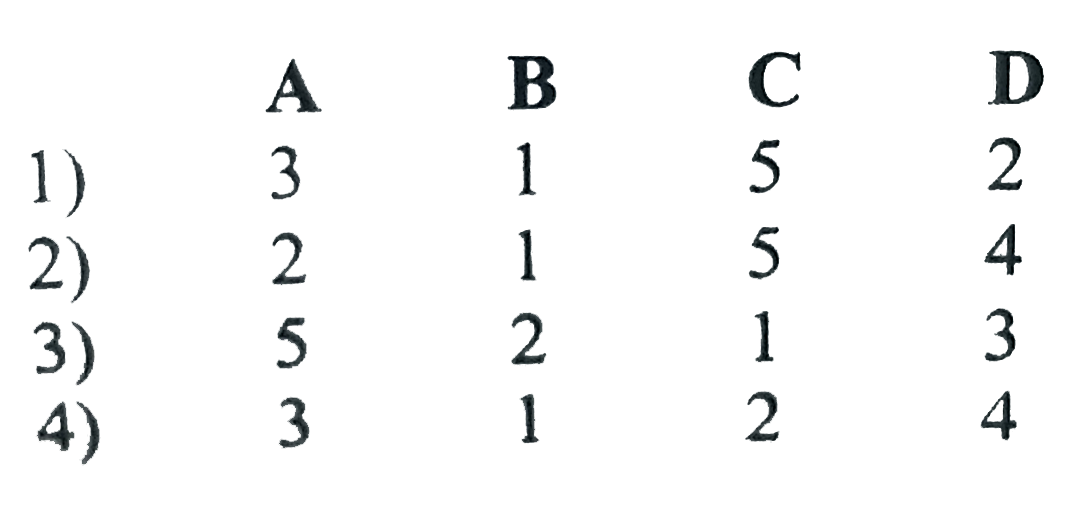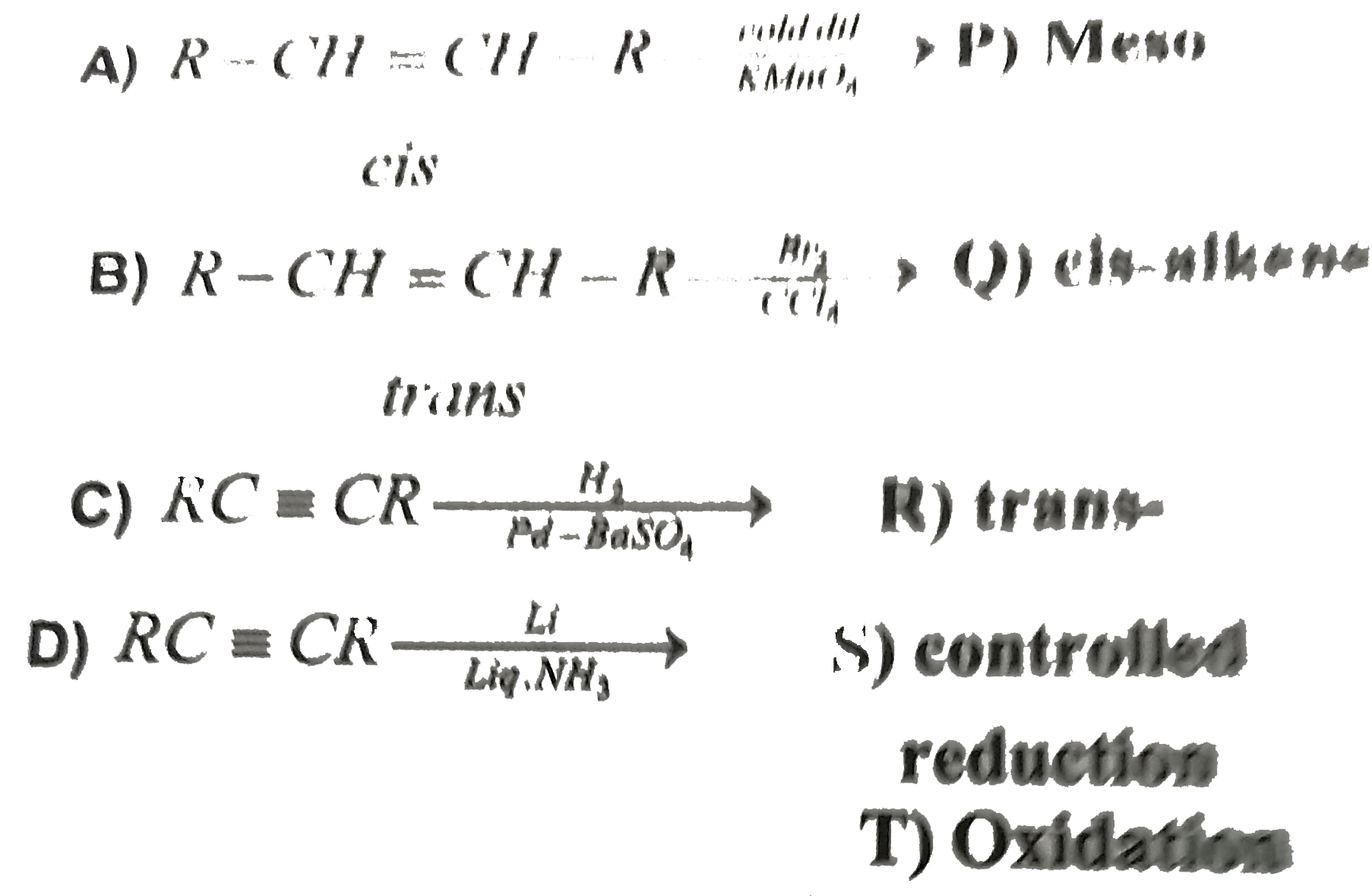A primary alkyl halide would prefer to undergo :-
S1N reaction
S2N reaction
α- elimination
Racemisation
The correct Answer is:B
(b) A primary alkyl halide would prefer to undergo S2N reaction.
(a) S2N reactions occur only if the intermediate carbocation is stable i.e., 3∘ carbocation.
(b) S2N reactions occur if there is less steric hinderance on to the α-carbon of alkyl halide. In case of primary alkyl halides, carbocation is highly unstable and steric hinderance is very less. So, primary alkyl halide would prefer to undergo S2N reaction.
(c) In α -elimination, proton and the leaving group are present on same atom.
(d) Racemisation is the process of conversion of enantiomer into a racemic mixture.
Similar Questions
Knowledge Check
Alkyl halide are-
AMono halogen derivatives of alkanesBTrihalogen derivatives of alkanesCDi halogen derivatives of alkanesDTetra halogen derivatives of alkanesAlkyl halides are :
AMonohalogen derivatives of alkanesBDihalogen derivatives of alkanesCTrihalogen derivatives of alkanesDTetrahlogen derivatives of alkanesTerminal alkynes hafvfe a acidic hydrogn/s. sodium salt of terminal alkynes behave as nucleophile as well as strong base. For primary alkyl halides it well as strong base. For primary alkyl halides it behave as nucleophile. Thus primary alkyl halides give SN reaction with its salt. Alkynes undergo give SN reaction with its salt. Alkynes undergo electrophilic as well as nucleophilic addition reaction. they also undergo hydroboration, oxidation and ozonolysis.
Q. CH3C≡CH+HOX(2equ.)→Y. Y isACH3COCHX2BCH3COCH3CCH3COCOOHDCH3CHXCHO
The reaction of primary alkyl halide with nitrile salt produces both RNO2 and RONO. Account for this behaviour.
View SolutionTerminal alkynes hafvfe a acidic hydrogn/s. sodium salt of terminal alkynes behave as nucleophile as well as strong base. For primary alkyl halides it well as strong base. For primary alkyl halides it behave as nucleophile. Thus primary alkyl halides give SN reaction with its salt. Alkynes undergo give SN reaction with its salt. Alkynes undergo electrophilic as well as nucleophilic addition reaction. they also undergo hydroboration, oxidation and ozonolysis.
Q. The correct match is
The correct match is
View SolutionTerminal alkynes hafvfe a acidic hydrogn/s. sodium salt of terminal alkynes behave as nucleophile as well as strong base. For primary alkyl halides it well as strong base. For primary alkyl halides it behave as nucleophile. Thus primary alkyl halides give SN reaction with its salt. Alkynes undergo give SN reaction with its salt. Alkynes undergo electrophilic as well as nucleophilic addition reaction. they also undergo hydroboration, oxidation and ozonolysis.
Q.
View SolutionTerminal alkynes hafvfe a acidic hydrogn/s. sodium salt of terminal alkynes behave as nucleophile as well as strong base. For primary alkyl halides it well as strong base. For primary alkyl halides it behave as nucleophile. Thus primary alkyl halides give SN reaction with its salt. Alkynes undergo give SN reaction with its salt. Alkynes undergo electrophilic as well as nucleophilic addition reaction. they also undergo hydroboration, oxidation and ozonolysis.
Q. When 1-pentyne is treated with dil. H2SO4 and HgSO4 the product formed is
View SolutionWhich alkyl halide would be preferred for the synthesis of the following ether by Williamson synthesis ?
H5C2−O−CH3∣C∣CH3−H
View Solution
